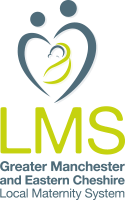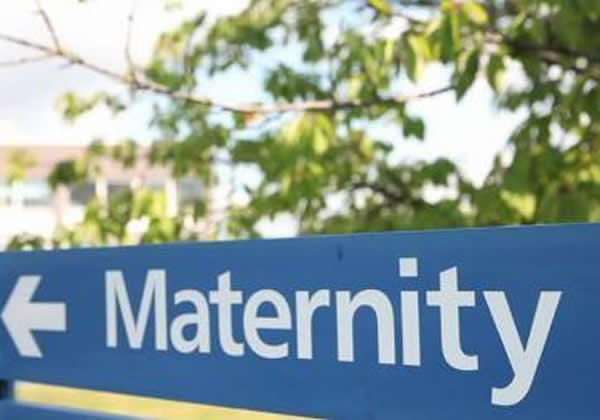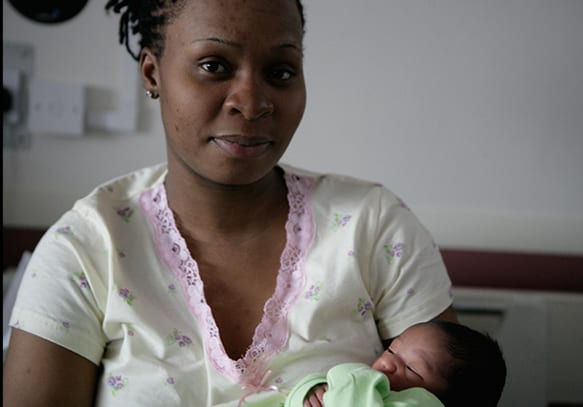Home Birth
If you have a straightforward pregnancy, and both you and the baby are well, you might choose to give birth at home. In England and Wales, just over 1 in 50 pregnant women give birth at home.
Giving birth is generally safe wherever you choose to have your baby.
But for women having their first baby, home birth slightly increases the risk of serious problems for the baby – including death or issues that might affect the baby’s quality of life – from 5 in 1,000 for a hospital birth to 9 in 1,000 for a home birth.
For women having their second or subsequent baby, a planned home birth is as safe as having your baby in hospital or a midwife-led unit.
It’s rare but, if something goes seriously wrong during your labour at home, it could be worse for you or your baby than if you were in hospital with access to specialised care.
If you give birth at home, you’ll be supported by a midwife who will be with you while you’re in labour. If you need any help or your labour is not progressing as well as it should, your midwife will make arrangements for you to go to hospital.
Advantages of home birth
The advantages of giving birth at home include:
- being in familiar surroundings, where you may feel more relaxed and better able to cope
- not having to interrupt your labour to go into hospital
- not needing to leave your other children, if you have any
- increased likelihood of being looked after by a midwife you have got to know during your pregnancy
- lower likelihood of having an intervention, such as forceps or ventouse (suction cap), than women giving birth in hospital
Considerations
There are some things you should think about if you’re considering a home birth.
You may need to transfer to a hospital if there are complications. The Birthplace study found that 45 out of 100 women having their first baby were transferred to hospital, compared with only 12 out of 100 women having their second or subsequent baby.
Epidurals are not available at home, but you can use gas and air, a warm bath, a birth pool, TENS and any relaxation techniques you’ve learned. Find out about pain relief in labour
Your doctor or midwife may recommend you give birth in hospital – for example, if you’re expecting twins or if your baby is lying feet first (breech). Your midwife or doctor will explain why they think a hospital birth is safer for you and your baby.
Planning a home birth
Here are some questions you might want to ask:
Do I have any risk factors which may make home birth unsuitable?
- how long would it take if I needed to be transferred to hospital?
- which hospital would I be transferred to?
- would a midwife be with me all the time?
- if I want a birth pool, how do I obtain one?






